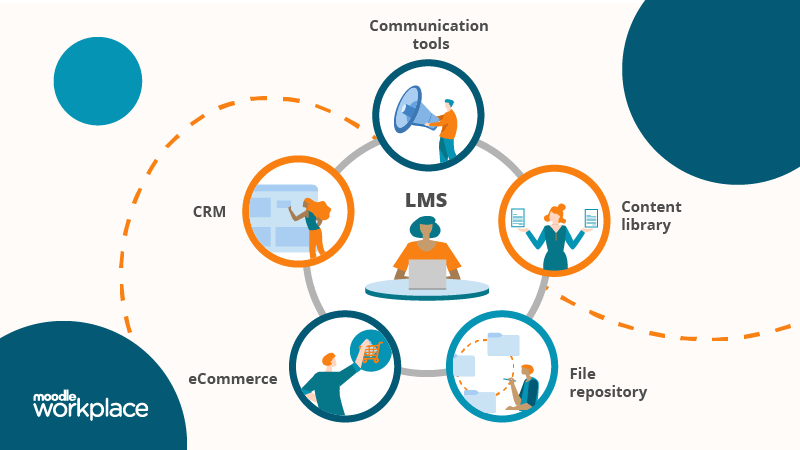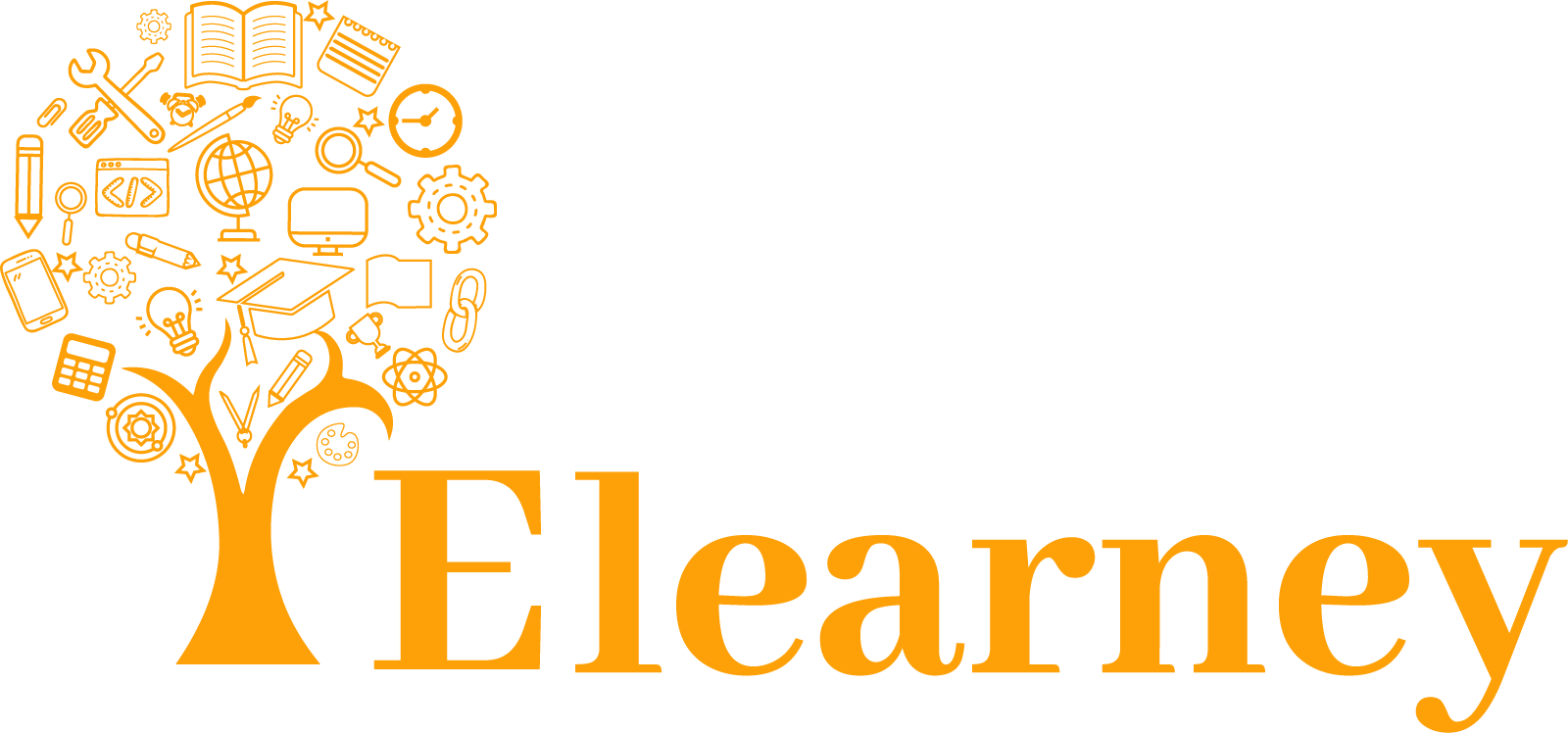
How Custom Plugins Can Enhance Your Moodle™ Experience
- By admin
Say goodbye to the old ways of creative thinking and hello to the digital agency revolution! Creativity has never been this fun and exciting. Let’s dive in and explore the world of limitless possibilities through the eyes of digital experts!
How Custom Plugins Can Enhance Your Moodle™ Experience
Custom plugins can significantly enhance your Moodle™ experience by tailoring the platform to meet specific needs, adding new functionalities, and improving overall user engagement. While Moodle™ offers a robust set of features out-of-the-box, custom plugins allow organizations to extend its capabilities beyond the standard offering, providing a more personalized and effective learning environment. Here’s how custom plugins can transform your Moodle™ experience.
One of the primary benefits of custom plugins is the ability to add functionalities that are specifically tailored to your organization’s requirements. Every educational institution or corporate training program has unique needs that might not be fully addressed by standard Moodle™ features. Custom plugins can be developed to fill these gaps, whether it’s integrating a specific type of assessment tool, creating custom reports, or adding niche features like gamification elements. This level of customization ensures that the platform supports your specific educational goals and operational processes.
Custom plugins can significantly boost user engagement by adding interactive and engaging elements to the Moodle™ environment. For instance, plugins that support gamification can introduce badges, leaderboards, and rewards, making the learning process more engaging and motivating for students. Additionally, custom multimedia plugins can enhance the delivery of content through interactive videos, quizzes, and simulations, providing a richer learning experience. By making the learning process more interactive and enjoyable, these plugins can help improve student retention and success rates.
Custom plugins can also streamline administrative tasks, making it easier for educators and administrators to manage courses and track progress. For example, plugins that automate routine tasks such as grading, attendance tracking, and report generation can save valuable time and reduce the potential for human error. Custom plugins can also integrate Moodle™ with other administrative systems such as student information systems (SIS) or human resource management systems (HRMS), enabling seamless data exchange and reducing the need for manual data entry.
Effective data analysis and reporting are crucial for understanding student performance and improving educational outcomes. Custom plugins can enhance Moodle™’s reporting capabilities by providing detailed, customizable reports that offer deeper insights into student progress and engagement. These plugins can aggregate data from various sources, visualize trends, and generate reports that help educators make data-driven decisions. Enhanced analytics can also help identify at-risk students early on, allowing for timely interventions and support.
Many organizations use a variety of third-party tools to complement their learning management system. Custom plugins can facilitate seamless integration between Moodle™ and these tools, creating a unified ecosystem that enhances functionality and user experience. Whether it’s integrating with video conferencing tools, content libraries, e-commerce platforms, or social media, custom plugins ensure that all these tools work together seamlessly. This integration not only enhances functionality but also ensures a smooth and cohesive experience for users.
As your organization grows and your needs evolve, custom plugins can help ensure that your Moodle™ platform remains scalable and adaptable. Custom plugins can be updated or modified to incorporate new features, address emerging needs, or comply with changing regulations. This flexibility ensures that your Moodle™ installation can grow with your organization, providing long-term value and reducing the need for frequent overhauls or migrations to new systems.
In conclusion, custom plugins offer a powerful way to enhance your Moodle™ experience by providing tailored functionality, boosting user engagement, improving administrative efficiency, and facilitating better analytics and reporting. They also enable seamless integration with third-party tools and ensure that your platform remains scalable and adaptable to future needs. By investing in custom plugin development, organizations can create a more effective, engaging, and efficient learning environment that meets their unique requirements and supports their educational goals.


